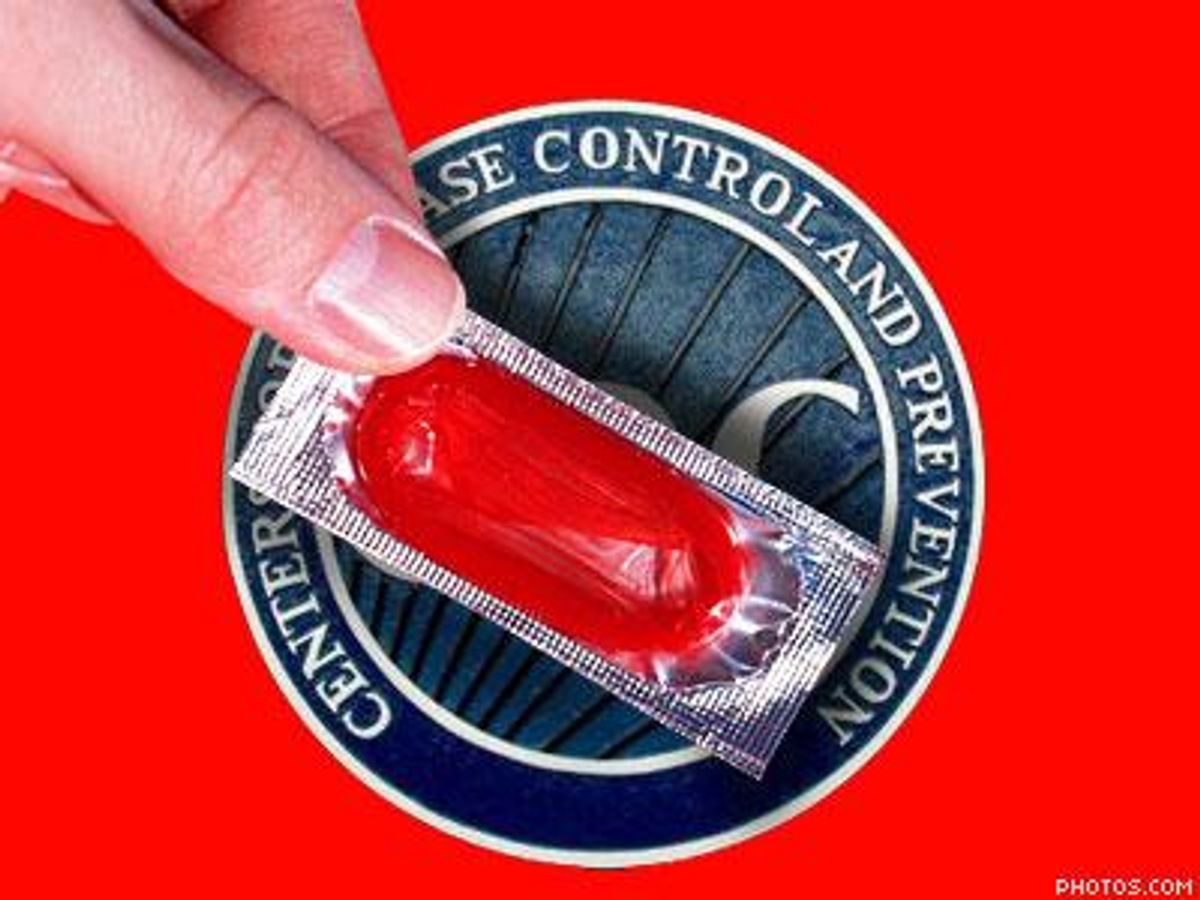The Centers for Disease Control and Prevention has agreed to stop using the term "unprotected sex" to describe sex without condoms in future publications related to the HIV epidemic. The agreement came on Jan. 23 in a phone conference with advocates from the Chicago-based HIV Prevention Justice Alliance.
The reason? A CDC official told the Bay Area Reporter the changes have been under assessment for some time because, as "HIV prevention strategies evolve, the terminology needs to evolve as well."
"This is a critical victory for prevention and treatment advocates," said Rod McCullom, who has extensively reported HIV/AIDS issues for The Atlantic, Ebony, The Los Angeles Times and others. "The change in language is long overdue. The new language reflects current advances in biomedical, treatment as intervention, viral suppression and more. Perhaps once upon a time, all condomless sex was viewed through a lens of heightened risk for HIV. That is no longer the case. Men and women are using PrEP and antiretrovviral therapy, for instance, as tools to substantially lower their risk. What if you are on treatment and have an undetectable viral load? That is a new 'proetction' that thankfully has become available."
The science behind what constitutes risk reduction has been mounting, syas McCullom. Preventing HIV infection is not just about using a condom. With Pre-Exposure Prophylaxis (PrEP), Treatment as Prevention (TasP) and a host of behaviorial strategies (like sero-positioning, or top only) proving at least as effective or more effective in preventing transmission than condoms-only messages, the construct of safer sex messaging has lagged behind.
Unfortunately, that lag in messaging has also played into the criminalization of HIV.
As I do speaking engagements in Michigan about living with HIV, I regularly hear the perception that HIV is somehow super infectious. In fact, I regularly ask the groups I speak to, what is the percentage probability of infection in a one time sexual episode as the receptive partner with an HIV positive insertive partner. The answer I hear? Anywhere from 50 percent to 100 percent. The fact is the CDC says it is .5 percent.
Despite this fact, most folks presume HIV is exceedingly infectious. So when some one is charged under one of the many state laws related to HIV, we find "unprotected" being used as code for transmission. Because, you know, if you are HIV-positive, and you don't use a condom, then you must have been intent on, and actually succeeded in, transmitting HIV.
Sergio Hernandez, in an extensive investigative piece published at BuzzFeed and ProPublica in December on HIV criminal prosecutions, reports in 60 cases reviewed "extensively," only four of the cases included a complaintant who claimed to have been infected. The media outlets were able to identify 541 criminal cases involved HIV in 19 states over the last decade.
While anti-criminalization advocates welcome the move by the CDC, at least one is also calling for more precise language from the media when discussing HIV.
"While I welcome the clarification and greater precision in CDC terminology, we also need a campaign to educate the media about the language they use in reporting on HIV-related issues," says Sean Strub, executive director of the Sero Project. "The CDC change is potentially a helpful step, but it is only a baby step towards ameliorating the problem of imprecise language. It is also complicated because while treatment may provide protection against HIV transmission, and therefore treatment without a condom is not 'unprotected,' anti-HIV treatment doesn't protect against other sexually transmitted diseases.So sex while on treatment is protected against HIV transmission, but unprotected against other pathogens. While this might seem to some to be splitting hairs, this language is important and it speaks to how poorly educated and informed many people are about sexual health and transmission risks."
Ultimately, this change holds the opportunity to shift the conversation in the gay community about clean and dirty gays, and good and bad gays — and instead put the focus on actual risk and prevention.








































































